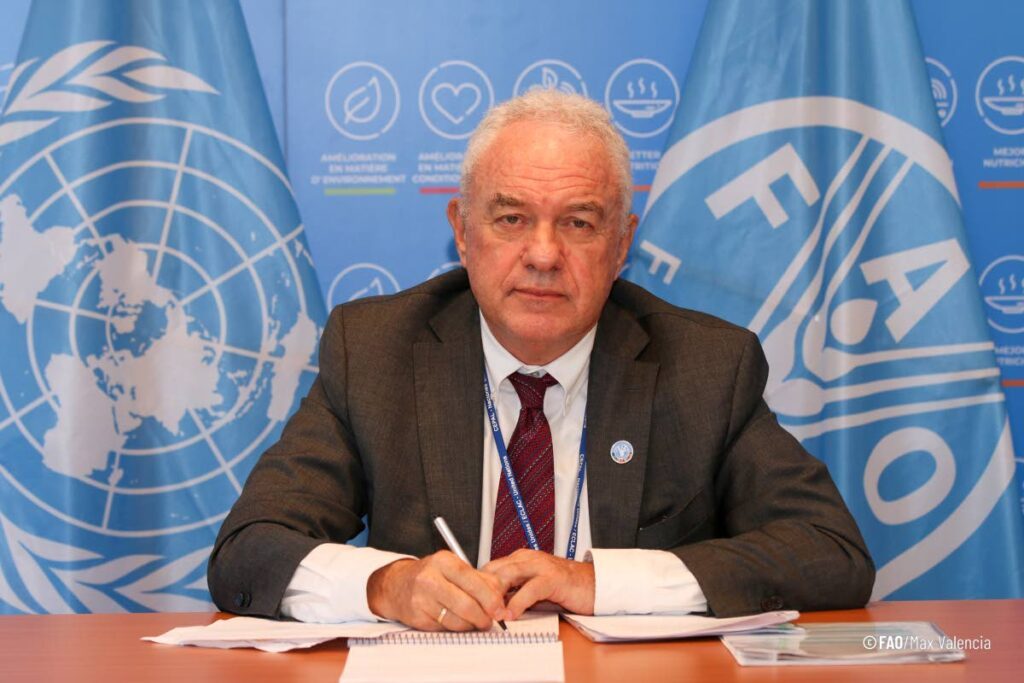Eradicating hunger in Latin America and Caribbean

MARIO LUBETKIN
THE FIGURES published by the latest Regional Overview of Food Security and Nutrition 2023 are cause for great concern. The document is clear: hunger continues to significantly affect Latin America and the Caribbean.
The reasons are varied; consequences of the pandemic, armed conflicts, climate crisis, economic slowdown, rising food inflation and income inequality have all generated a difficult scenario that requires immediate action.
Our region has an opportunity that we must not miss. Only with stability and peace will it be possible to achieve development and resolve food insecurity.
According to the regional overview 2023, although Latin America and the Caribbean registers a slight drop of 0.5 per cent in hunger levels when compared to the previous measurement, it is essential to remember that, despite this progress, we are still 0.9 percentage points above the hunger levels of 2019, prior to the outbreak of covid19.
But hunger does not affect the region uniformly. In South America, there was a reduction of 3.5 million hungry people between 2021 and 2022, but there are still six million additional undernourished people compared to the pre-covid19 period, totalling XX million. In Mesoamerica, the prevalence of hunger has barely changed, affecting 9.1 million people in 2022, representing 5.1 per cent.
The situation is worrisome in the Caribbean, where 7.2 million people experienced hunger in 2022, with an alarming prevalence of 16.3 per cent of the population. Between 2021 and 2022, hunger increased by 700,000 people, and compared to 2019, the increase was one million people, with Haiti being one of the most affected countries.
While hunger figures continue to concern us, overweight in children under five years of age continues to rise, exceeding the global estimate, and a quarter of the adult population lives with obesity.
FAO recognises the urgency of addressing this issue and is committed to updating the CELAC FNS Plan for food and nutritional security. The recent Buenos Aires Declaration of the VII CELAC Summit reaffirmed the commitment of the 33 member states to food security, agriculture and sustainable development. This declaration emphasised the importance of updating the plan in accordance with the new international context and the challenges facing the region, with the technical assistance of global organisations like FAO and regional organisations such as ECLAC, IICA and ALADI, to achieve a comprehensive solution.
The update of the food plan takes into account national commitments related to the 2030 agenda for sustainable development, evidence-based policies and good practices in the region, providing a mechanism that contributes to the eradication of poverty, hunger, food insecurity and malnutrition.
Eradicating hunger is a shared responsibility, and together we must redouble our efforts to ensure that no citizen of Latin America and the Caribbean goes hungry. Food security is essential for the well-being of our communities and the sustainable development of the region, and we must continue to work together, leaving no one behind. FAO is fully committed to this challenge.
Mario Lubetkin is the FAO Assistant Director-General and FAO Regional Representative for Latin America and the Caribbean


Comments
"Eradicating hunger in Latin America and Caribbean"